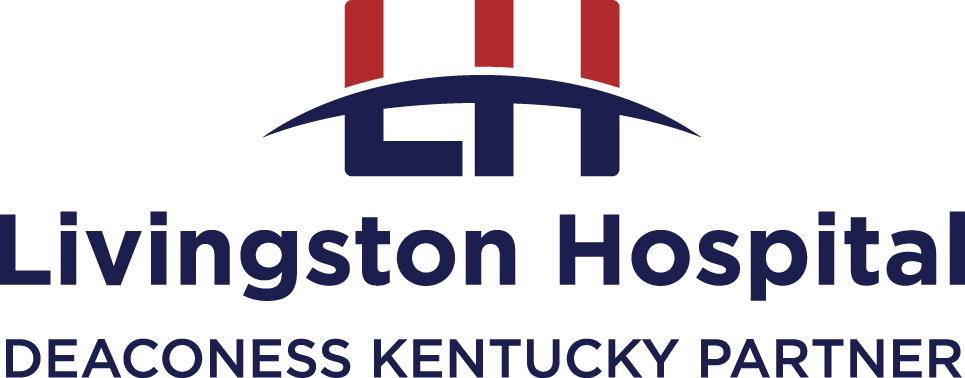
Financial Assistance Summary
Patients who meet certain income guidelines may qualify for financial assistance, including reduced hospital charges and payment plans. Patients who are eligible for financial assistance will be billed less than the amounts generally billed to individuals who have insurance covering such care.
Livingston Hospital will provide, without exception, care for emergency medical conditions to all patients seeking such care, regardless of ability to pay or to qualify for financial assistance, in accordance with the requirements of the Emergency Medical Treatment and Active Labor Act (EMTALA).
Financial Assistance is available only for emergency and medically necessary services. It does not apply to elective procedures. It also does not apply to the portion of your services that have been paid for by a third party such as an insurance company or government program.
The amount of financial assistance you receive is based on Federal Poverty Level information set by the U.S. government each year. In addition to your income, the discount will also consider the size of your family. Services which are separately billed by other providers, such as independent physicians, are not eligible under Livingston Hospital’s Financial Assistance Policy.
You may apply for financial assistance at any time – before, during or after your care. The application requires proof of income such as an income tax return, paycheck stub or social security income award letter. Patients who are eligible/enrolled in Medicaid automatically qualify for financial assistance for emergency and medically necessary services that are not covered by Medicaid. In addition, patients may be approved for additional financial assistance based on the patient’s financial and/or socioeconomic position. Eligibility for this type of assistance does not automatically qualify the patient for assistance on future accounts.
Proof of Income
The following are examples of acceptable proof of income used for the determination of Financial Assistance. It is at the discretion of Livingston Hospital to determine acceptable proof of income.
- Current Federal Income Tax
- W-2
- Letter showing current eligibility for assistance
- Current Pay Stubs
- Unemployment Compensation Letter/Notice
- Recent LES for Military Personnel
- Divorce Decree
- Copy of Student Financial Aid Application with determination notice
- Food Stamp Document showing current eligibility
- Social Security Administration Benefit Letter
Completed applications can be submitted as follows:
- In person to the Business Office at Livingston Hospital
- By mail to:
Attn: Business Office
131 Hospital Drive
Salem, KY 42078
Good Faith Estimate
Under the law, health care providers need to give patients who don’t have insurance or who are not using insurance an estimate of the bill for medical items and services.
- You have the right to receive a Good Faith Estimate for the total expected cost of any non-emergency items or services. This includes related costs like medical tests, prescription drugs, equipment, and hospital fees.
- If you schedule a health care item or service at least 3 business days in advance, make sure your health care provider or facility gives you a Good Faith Estimate inwriting within 1 business day after scheduling. If you schedule a health care item or service at least 10 business days in advance, make sure your health care provider or facility gives you a Good Faith Estimate in writing within 3 business days after scheduling. You can also ask any health care provider or facility for a Good Faith Estimate before you schedule an item or service. If you do, make sure the healthcare provider or facility gives you a Good Faith Estimate in writing within 3 business days after you ask.
- If you receive a bill that is at least $400 more than your Good Faith Estimate, you can dispute the bill.
- Make sure to save a copy or picture of your Good Faith Estimate and the bill.
Your Rights and Protections Against Surprise Medical Bills
To review Your Rights and Protections Against Surprise Medical Bills, please click here.

